How to Homeschool Kindergarten: A Simple, Organic Approach
This post covers a simple approach to homeschooling kindergarten, encouragement that kindergarten should be easy and even fun, and the four key things that I believe all kindergarteners should learn.
This coming fall will be our fourth year of homeschooling kindergarten, a fact that astounds me daily. Wasn’t our oldest starting his first kindergarten books just yesterday? Now, in case you are worried, let me clarify that this is NOT four years of consecutive kindergarten for one poor dunce of a child, but we have in fact successfully homeschooled three different children through their kindergarten years, and will soon begin with our fourth child!
Three times through kindergarten does not make me an expert on the topic, but it has given us clarity to see what matters most (to us) and what we can say no to. Read on, and you shall see how we do it – and I hope that you will be encouraged to see that homeschooling kindergarten is not only easy, but it should be great fun for you both!
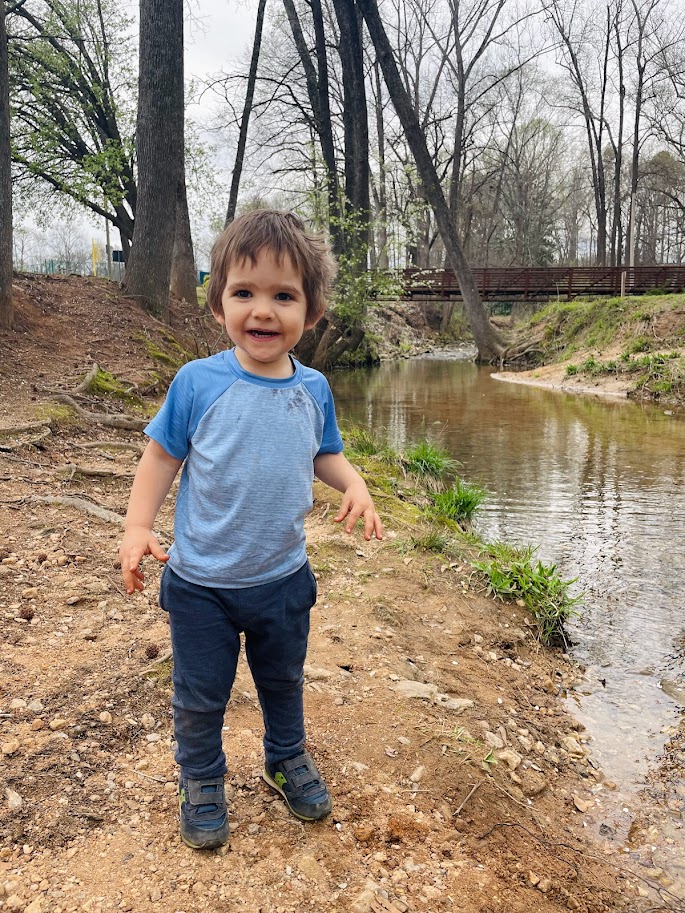
I am going to share four areas to focus on during the kindergarten year, but first let me reassure you that kindergarten does NOT need to be intense, rigorous, or even, heaven forbid, ACADEMIC. Your kindergartener does not need to prep for college, nor, if I dare say it, does she need to prep for first grade.
There’s a dangerous line of thinking that says, “Well, in first grade the children will need to do X, so we’d better get them started on it in kindergarten so that they’re ready. And you know, in kindergarten they’ll need to do Y, so let’s start that in the 4K year. And in 4K they need to do Z so let’s start it as soon as they can walk!” This quickly becomes ridiculous.
What if, instead, we simply let the four year olds be four year olds, and enjoyed their age for what it is? When it’s time to do the second grade things, we can do the second grade things, but there’s no sense (and great danger) in pushing children into stages of development that they have not yet reached. Charlotte Mason recommended that children not start any school until age 6. Children in Finland don’t start formal education until age 7.
There is a growing body of evidence showing that earlier is not always better, and that what children need most in their first six or seven years of life is simply time to play.
As we think about homeschooling kindergarten, I would encourage you to not overload your little ones. The danger of doing too much is greater than that of doing too little.
If we do too little during the kindergarten year, there is really no harm done. I suppose it’s possible that a child could be under-stimulated and bored out of their mind (not that a little boredom is a bad thing), but with all of the books and toys available today that is unlikely. You can always add in more learning for the first grade year, and your kindergartener still has so many years of learning ahead of them (assuming, of course, that you are fulfilling all their basic needs of food, clothing, loving relationships, safety, etc – I hope it’s obvious that that is not what I mean when I talk about doing “too little”).
However, if we pile too much on to our kindergartener, whether that be too much school time or too much structured activities or too much general life busy-ness, there is a great risk of burning them out and quenching their innate curiosity before their education has hardly begun. Let’s try to keep that flame alive, shall we?
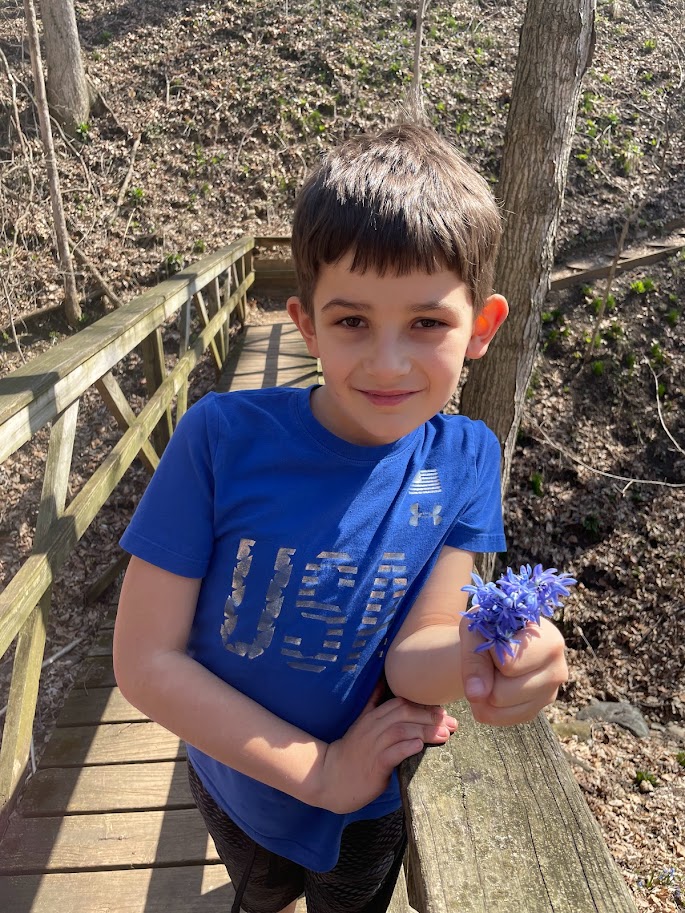
Four Things to Teach When Homeschooling Kindergarten
1. That Reading is Great Fun
Notice I did not say that you should teach your kindergartner to read. You certainly can, but there’s no need to stress about it. Little Sister, our soon-to-be-kindergartener, started the first book in Logic of English last fall at age four, and we have been slowly working through it at a pace that is comfortable for her. What that looks like practically is about 5-10 minutes of phonics work every other day – maybe 15 minutes on a really good day. She is loving it but it’s still very slow work and the idea of sounding out words has not yet clicked for her, which is 100% normal.
For her kindergarten year in the fall, we’ll bump this up just a little and try to get 10-15 minutes of focused work each day. This phonics work doesn’t feel like much, but she is learning letter sounds and the idea that groups of letters make words: one small part of the foundation for reading.
The more important foundation for reading, the most vital part of all for this kindergarten year, is to give your child a love of story. GIVE THEM A REASON TO READ!
Without a reason, your child may struggle with reading or protest or rebel, or worst of all, turn apathetic. Once they have a reason to read, your child will happily do so as soon as she is developmentally ready. For our boys, this readiness has ranged anywhere from 4 years old to almost 7.
So how can you give your child a reason to read, a love of story? How can you teach them that reading is great fun? By reading to them, every day, over and over and over again. Show your child that books are wonderful, that stories are magical, and that reading is one of the best parts of the day!
Take time to read your own books; spend time looking for amazing picture books that capture the imagination of you both; re-read their favorites over and over again, even if it makes you die a little bit inside. Reading is not hard to learn, and if your child wants to, they will. Reading aloud is the single best foundation for learning to read. This must come first before you start any phonics programs, however wonderful they might be.
Of course, you’ll probably want to start a phonics program this year if you haven’t yet, and that’s a great idea. Just don’t do more than your child can handle (a good rule is to stop just a little bit before your child is ready to stop; keep them eager for more!) and most importantly, don’t worry or stress if they don’t catch on right away. It will happen when they are ready. I would be far less concerned about a eight year old who isn’t reading independently but loves read alouds than by a five year old who knows how to read but doesn’t want to and doesn’t like stories.
Give them a reason to read, and our resourceful, intelligent children will figure out how, and keep on going for life.
2. That Childhood is for Play
Children learn that childhood is for play by having lots of time and space to do so. This probably means saying no to some opportunities and being intentional about our use of time.
And, to be honest, this was quite easy when our oldest was in kindergarten but is much harder now, when Little Sister has three older siblings who want to see friends and play sports and go places and do things (weird, I know). This is all well and good, but Little Sister is still only four and needs time to play in the mud and time to build with blocks and time to swing and time to dress her dolls and have tea parties and make believe adventures.
In kindergarten (and for several years beyond), play is more important than sports. Play is more important that classes, even fun ones that your child enjoys! Play is more important than workbooks and cub scouts and music lessons, none of which are bad things to do, but if your child has no time left to play, you may want to reevaluate.
In fact, Jonathan Haidt just came out with a book documenting the dramatic rise in mental illness caused by a lack of free play in childhood. This is a serious matter! Practically, this means that in our family we’ve chosen not to start any music or swim lessons until age 6 or 7.
You may make different choices that are best for your particular family, but I would encourage you to make sure that your little ones have plenty of time left in their day for unstructured play, alone or with siblings, both outside and inside.
3. That Counting is Useful
We may start a math curriculum this coming fall (still TBD), but either way, real-life math is a wonderful way to begin during the kindergarten year. You can count anything and everything around you. How many cups of flour do we put in the muffins? How many pieces of pizza are here for our family? How can we divide up the cookies so that we all get some? How many cars does your little brother have lined up?
You can talk about money and prices when you’re at the grocery store, introduce fractions as you bake, and play board games that make you count out how many places you can move forward. Math is everywhere around us, and we need it every day! Show your child this truth and they’ll be off to a great start.
At the moment, Little Sister counts well up to twelve but then gets a bit muddled because she can’t say her “th” sound, so “firteen” and “fourteen” tend to blend together. This coming kindergarten year we’ll keep playing games, counting together, baking together, and working on sorting out those tricky “teen” numbers! And if we do add in a curriculum, we’ll keep the lessons short and sweet, just like in phonics.
Better to keep their attention for a solid 6 minutes and have them begging for more than to push past their “all done” point and make them believe that math is hard.
4. That Character Matters
Here is an uncomfortable truth: homeschooling and parenting are inextricably entwined, so sometimes our homeschool doesn’t work because our parenting has not worked. And before you start huffing and puffing, know that I am saying this because it has happened to me. Multiple times. And will happen again.
Our parenting, like yours, has been great at times, lousy at other times, and often just mediocre. My only point here is that the young years, six and under especially, are a wonderful time to focus on habits, discipline, and character training because that will make their future homeschool years infinitely more enjoyable.
If my child is not used to listening to me when I give her chores, she is not going to listen to me when I give her school work. If a child is not used to responding to and respecting his parents in normal daily life, he is not going to respond to and respect them in a “school” situation. Yes, I know from experience that some children are more strong willed than others and this will be more difficult for some personalities than for others – if you have a child like that, you are in my prayers! There are so many amazing things about strong personalities but the parenting side can be exhausting and endlessly difficult.
Either way, no matter your child’s personality, whether you can make great strides in this area or only a few faltering baby steps, the more you can do while they are little and the more consistent you can be in enforcing routines of helpfulness, respect, and obedience, the more smoothly your homeschool days will flow.
I’ve seen this in our own home with some areas where we’ve been very consistent and have seen great rewards, and in other areas where we have not and it continues to be a struggle. Character training can be so hard but is truly the gift that never stops giving.
I believe that we will never regret a single minute that we spend on this, and I pray for strength to keep on even when I don’t feel like it. Which, to be honest, is almost always. Mom and Dad still need character training too!
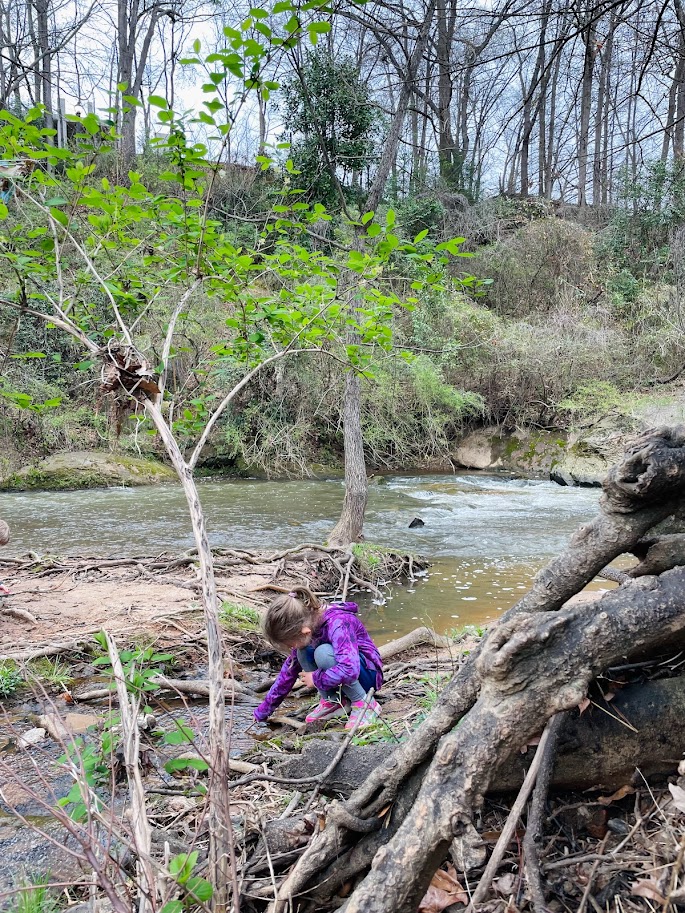
There you have our simple plan for homeschooling kindergarten! After three times through it, I can say with confidence that this works and we do not need to do more. Read alouds, free play, counting practice, and character training will take us a very long way.
Of course, you may choose to do more than this with your kindergartner, and you have every right to make that call for your family! You know best what your children need; don’t be afraid to trust your instincts.
However, in a society that tends toward MORE and FASTER and EARLIER, I would like to remind homeschoolers that there is another way. We have a choice here! If you want it, kindergarten can be simple; childhood can be low-key; preschool years can be slow and playful and beautiful.
“Dear friend, don’t let a bustling culture determine the needs of your own child. You get to choose how they grow up. You can protect their time, energy, and imagination. You are the gatekeeper of the garden of their childhood.” ~ Ainsley Arment, author of The Call of the Wild and Free

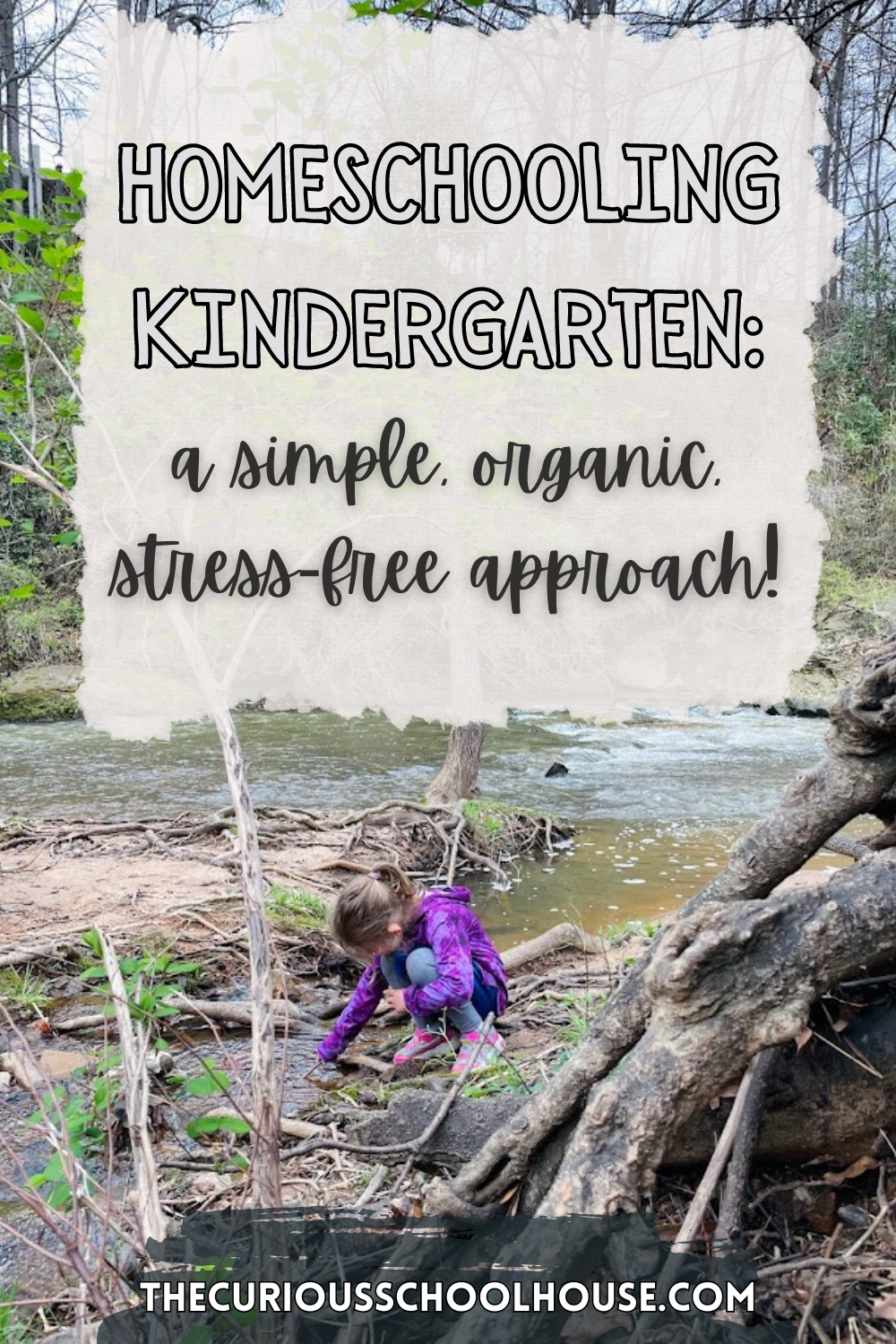
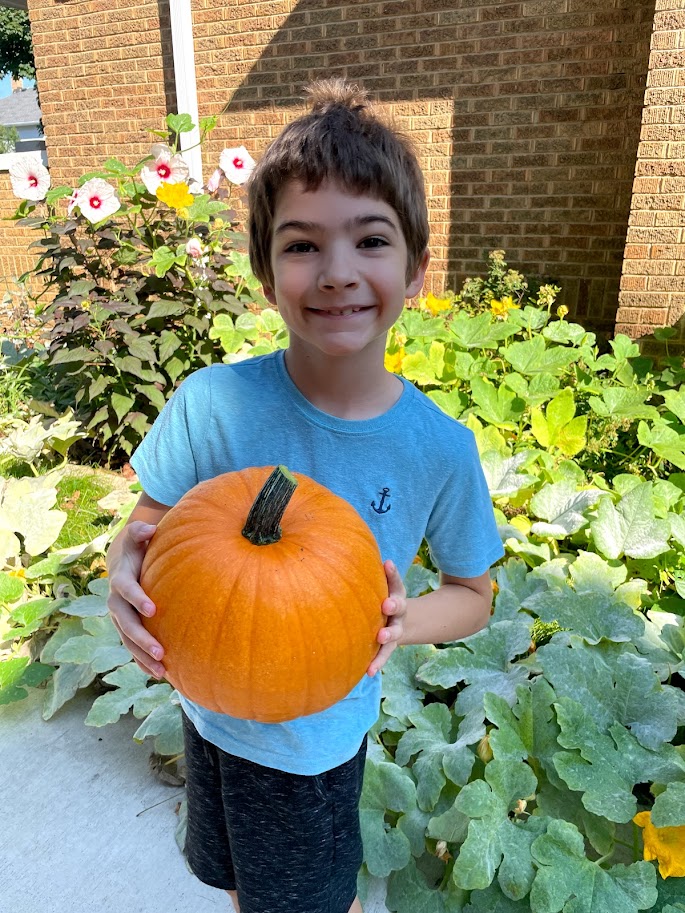
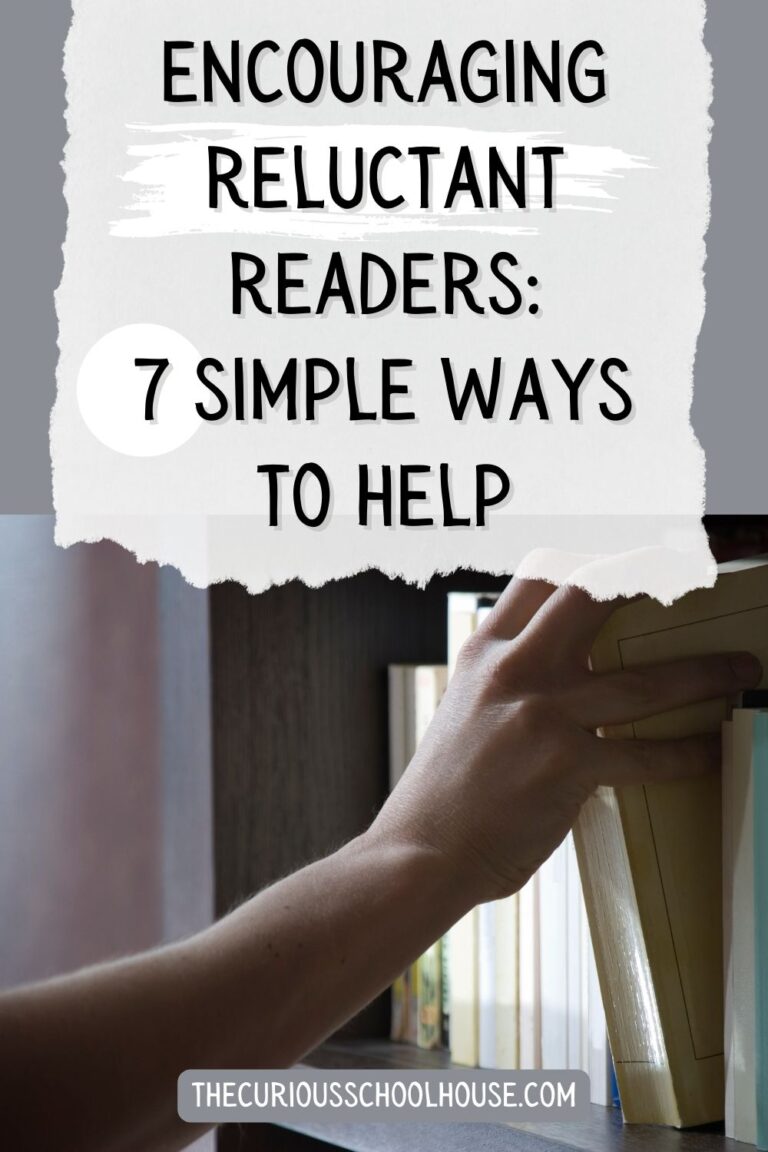
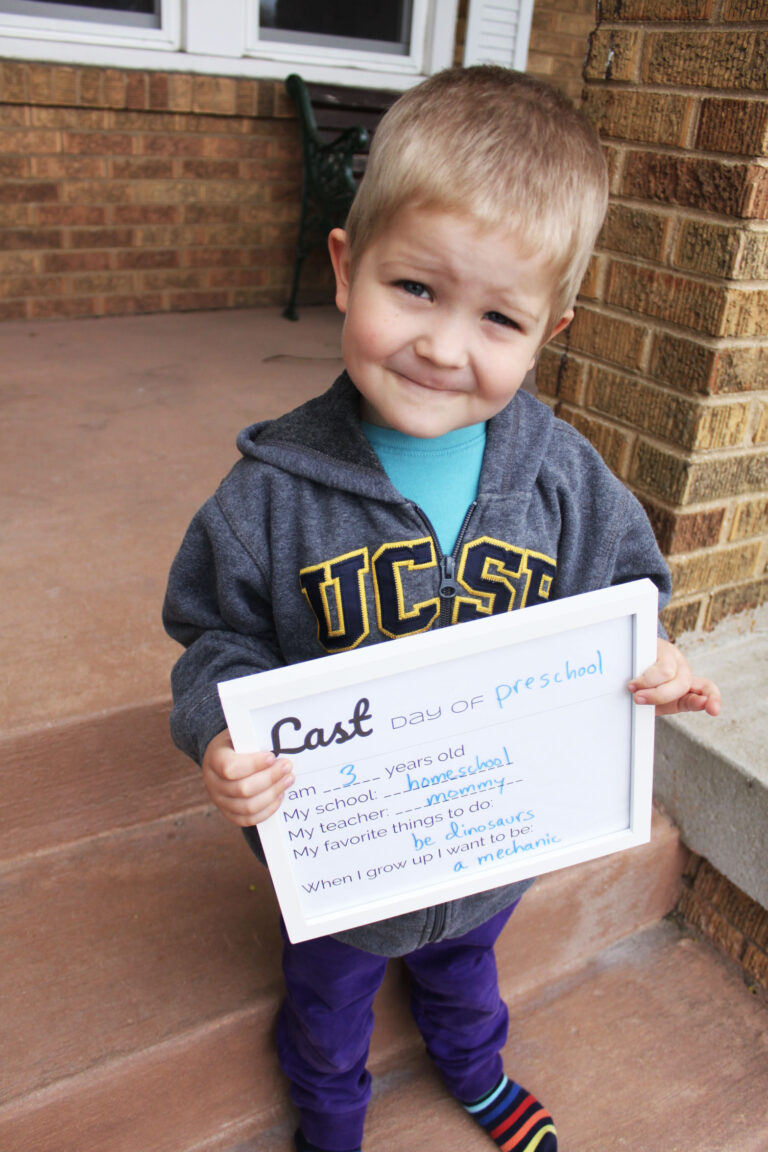
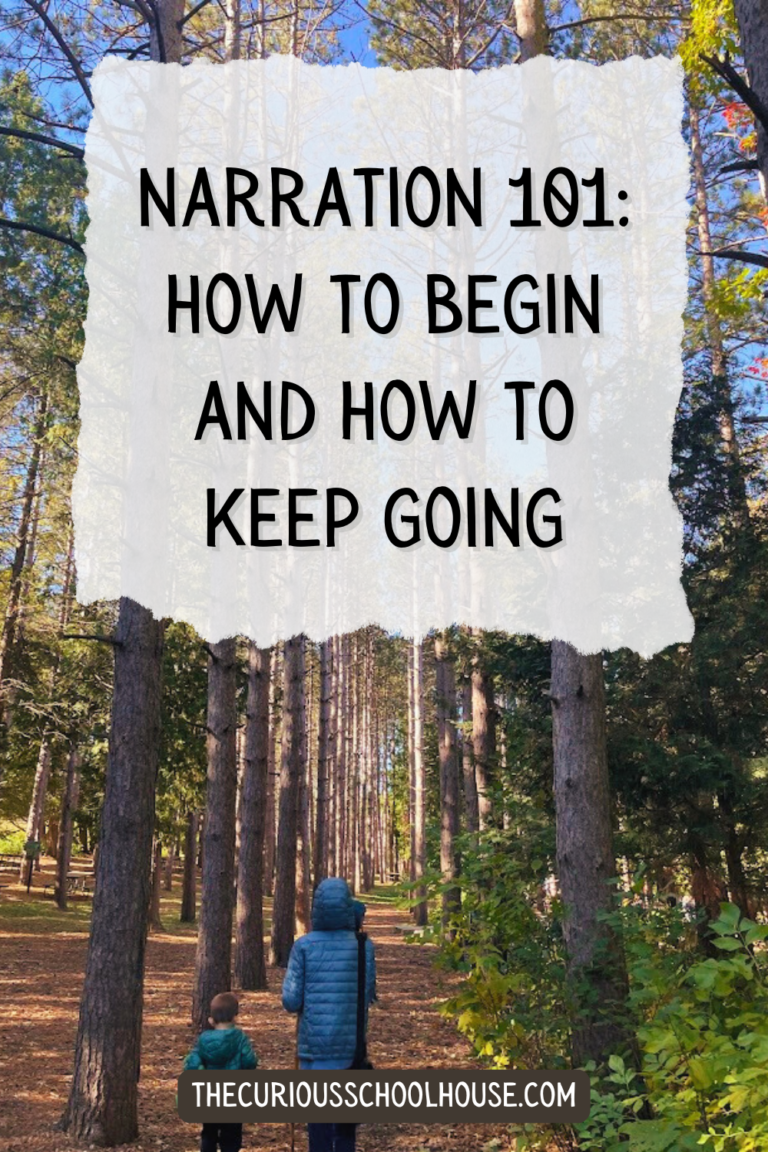

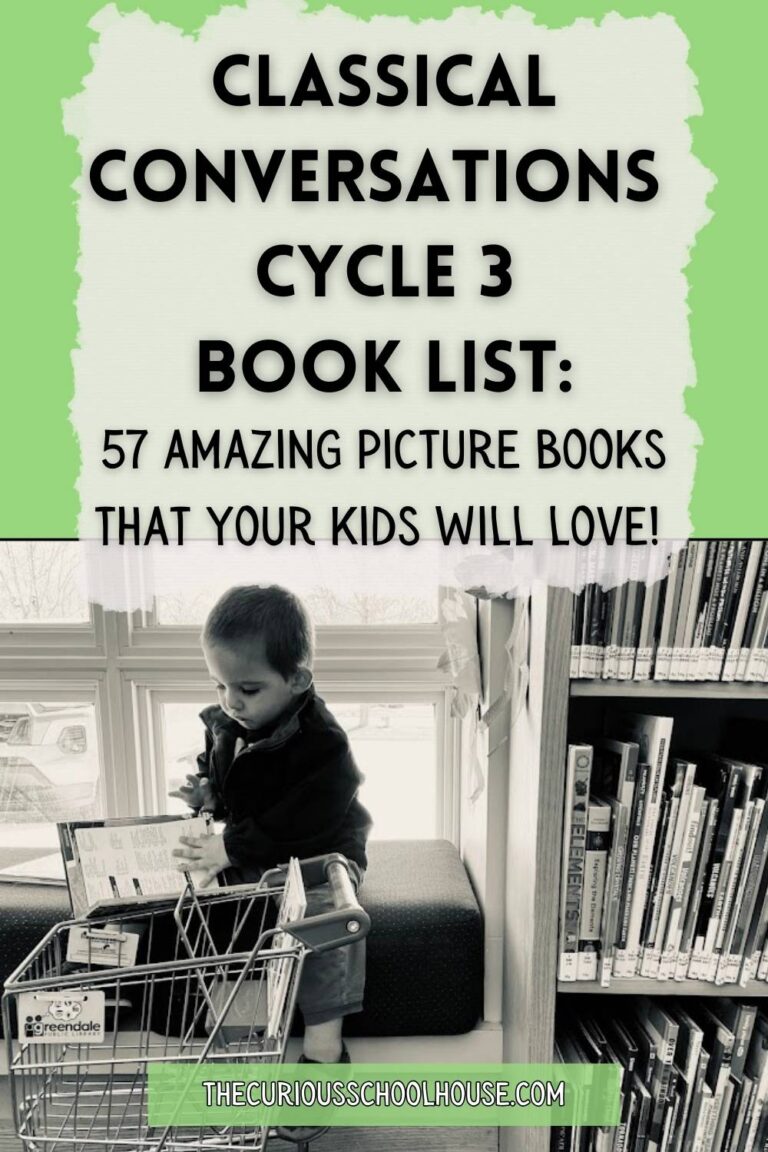
Very good advice, and character training often gets overlooked I think. It might be the most important though!
Thanks! I agree!
Such good ideas! Thank you for sharing!
You’re very welcome!
Love this! Teaching how and why counting matters feels like such a big deal
This was such a great.post! I’ve come to realize my 3 year old learns best during play and we have actually done all of these (age appropriately) without realizing it! Gives me confidence for future homeschooling, thanks!!